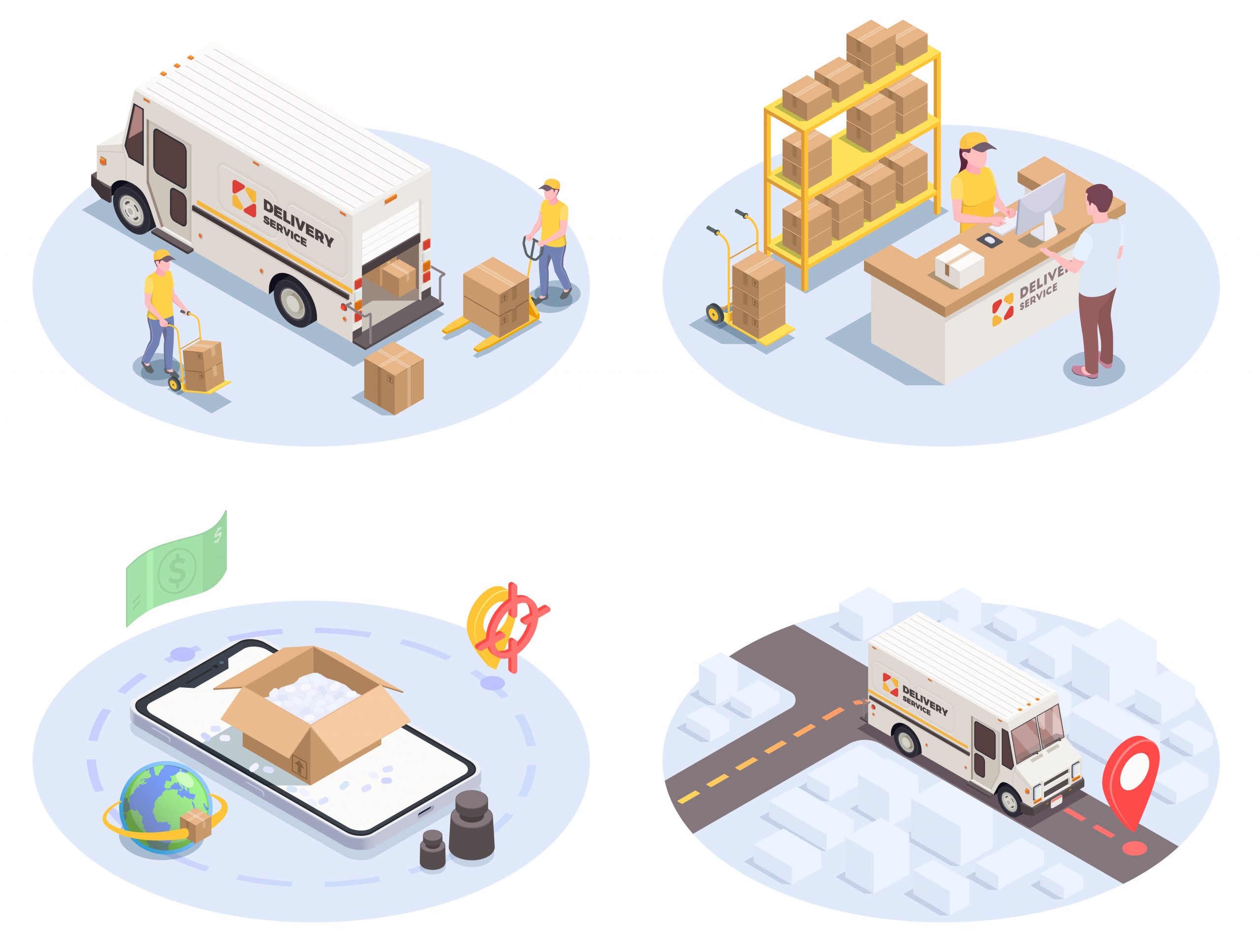
Freight forwarders are a key part of the global supply chain, and while importing and exporting goods internationally offers a lot of opportunities, the process can be pretty overwhelming to even the largest multinational companies. Unfortunately, as logistics networks become more global and continue to expand, so does the complexity and risks involved when transporting freight. From shifts in regulatory requirements, to underlying geopolitical factors, to cybersecurity threats, to natural disasters, the one thing you can rely on when it comes to trade is that it’s unreliable.
With so much at stake, it’s no wonder companies value industry expertise so highly to help manage all of the uncertainty. As a shipper, it’s crucial to have logistics partners who know what they’re doing because they can be the difference between a delayed shipment that leads to lost business or an on-time delivery that keeps your customers happy and your profits flowing. This is where freight forwarders provide their greatest value.
For those who don’t know what a freight forwarder does, the name alone doesn’t really provide a clear picture. To help shippers and aspiring supply chain professionals understand the job functions forwarders perform and what a career in forwarding could look like, here’s a breakdown to highlight what freight forwarders do and the job positions that fulfill those responsibilities:

Freight Forwarding Defined
So, what is a freight forwarder? To put it simply, a freight forwarder is a third-party agent that arranges for the import and export of shipments on behalf of the cargo owner.
As an important facilitator of international trade, freight forwarders generally offer a wide range of ocean, air, and intermodal transportation services. They primarily assist shippers by relying on their carrier networks to negotiate the best rates and get goods from origin to destination in the most cost-effective, timely way possible.
Many forwarders are also responsible for handling the complex insurance and documentation processes cross-border shipments require, so they are constantly working to ensure that their customers’ products are properly protected and in compliance with the necessary customs regulations. When you’re swimming in a sea of commercial invoices, certificates of origin, bills of lading, declaration documents, and inspection certificates, they’ve got the skillset and expertise to keep you from drowning.

Day-to-Day Tasks
What goes into getting all those tasks completed is easier said than done. A typical forwarder’s day-to-day involves:
- Researching carrier rates and determining the optimal route/mode of transportation for a shipment
- Informing customers of their modal options, delivery timelines, and potential shipment transfers
- Calculating the cost, weight, and volume of goods that need to be shipped
- Quoting freight costs and creating shipment invoices
- Ensuring that shipments comply with the customs regulations
- Preparing important shipping documents, such as dock receipts or packing lists
- Assessing the labeling and packaging of goods
- Completing customs and insurance paperwork
- Accounting for additional freight fees and surcharges
- Monitoring the location of cargo in transit
- Notifying exporters, insurers, or consignees on the status of shipments
And of course, it’s the logistics professionals working at freight forwarders getting this work done. As the list illustrates there is a great variety of job-types and responsibilities. These days with freight forwarding technology becoming very common-place, an aptitude for working with computer applications in addition to strong problem-solving skills are key skillsets for anyone looking to work in this type of company.
Beyond these essential daily functions, freight forwarders also make sure to keep up-to-date on the current freight market conditions and critical trade legislation as well as any other factors that have an effect on the international shipping industry. It’s important to note that forwarders aren’t the ones who physically move the cargo. They’re like a broker in the sense that they serve more of an intermediary role between the importers/exporters of products and the party who is actually carrying the goods, or the logistics service providers. Their end goal is to find the ideal balance between cost, speed, and service reliability.

Potential Career Path
Like any other industry, those looking to work for a freight forwarder will start out in an entry-level position and work their way up to a senior freight forwarder or export administrator position. From there, individuals can start pursuing a role at the shipping or export office manager level. There are many readily available training courses and professional qualifications employers and other organizations offer to people who are looking to improve their professional development in the field as well.
Some of the typical job titles you can expect to see for this career path include:
- Customs clerk
- Customs broker
- Export officer/coordinator
- Freight forwarding manager
- Documentations/freight operations clerk
- Freight scheduler
- Import officer
- Logistics manager
- Shipping agents
- Supply chain manager

Advanced Technology
Despite all of the COVID-19 setbacks and supply chain disruptions the international shipping industry experienced over the last year, global trade is still going strong. Logistics is more international than ever. We mostly have advancing technology to thank for the huge role it played in connecting consumers and companies around the world and supporting this steady rise in e-commerce demand. More and more freight forwarding companies are integrating advanced technology to gain a legs up in the industry. GoFreight is a cloud-based SaaS that provides a comprehensive dashboard for freight forwarders. Request a free demo with GoFreight to become one step closer to becoming a leader in the freight forwarding industry.
With advanced technologies leading to the logistic industry’s growth and opportunities, a career in freight forwarding has never looked better.


